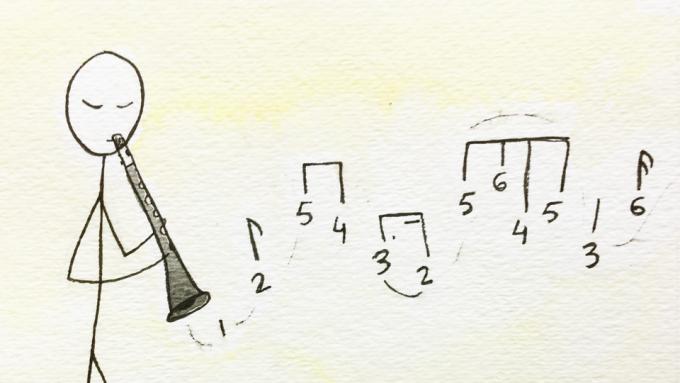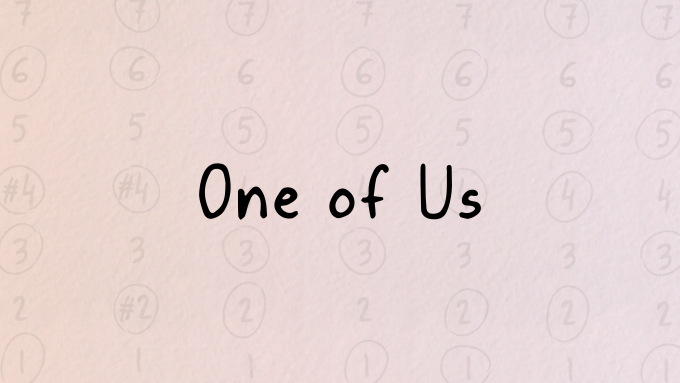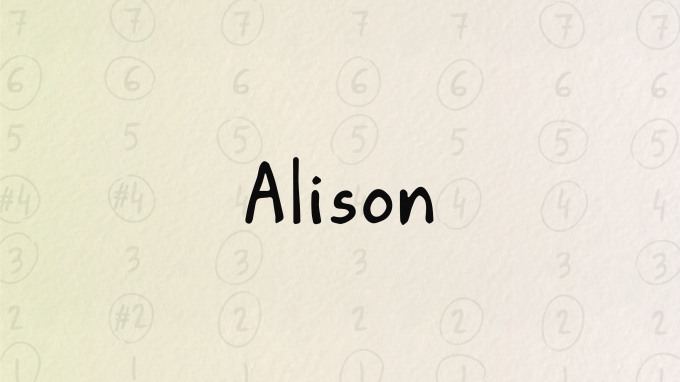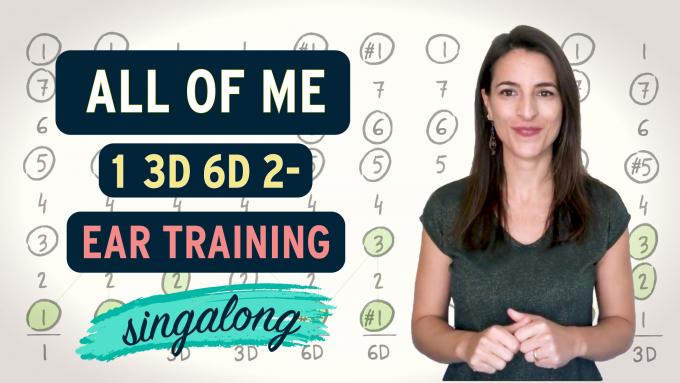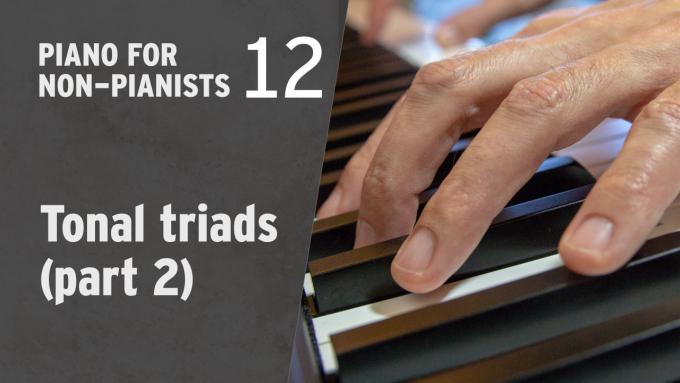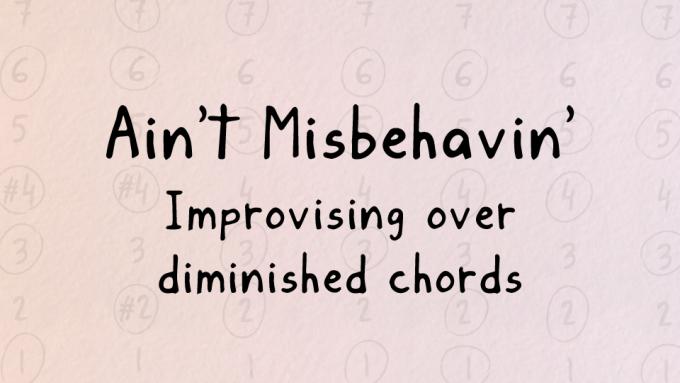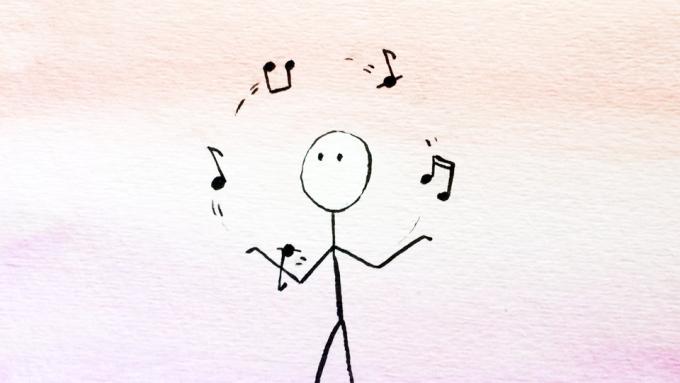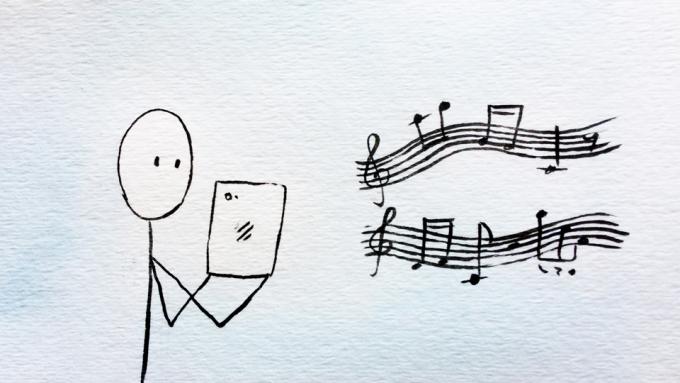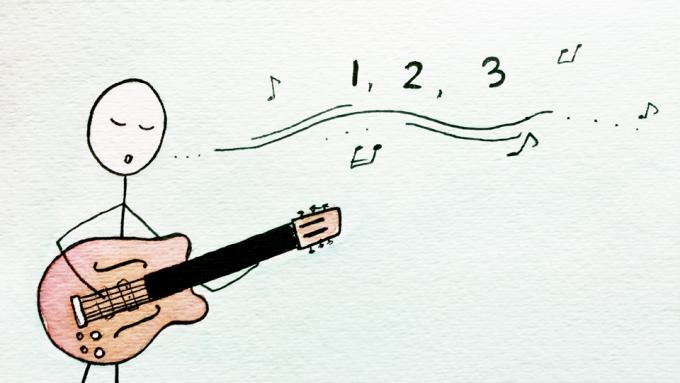I am wondering if there is a "method" for using the major scale in a melodic way rather than playing the scale notes randomly?
The Joan Osborne song "One of Us" (written by Eric Bazilian) is one of countless songs made from just the four foundational chords that we study in IFR Jam Tracks Level 2: Pure Harmony Essentials.
The Elvis Costello song "Alison" contains just one chord from outside the key of the music. This is the beautiful b7 major chord that we study in IFR Jam Tracks Level 4: Mixed Harmony Essentials.
This is a practice video for Improvise for Real students who are studying the song ‘All of Me’ from IFR Standards Workout 1. In this video we will practice the IFR ear training exercise Melody Paths over the first two lines of the song.
To recognize chords by ear, is it helpful to listen to one particular instrument or should we be listening for something else?
In this lesson we'll break our triad forms out of their original tonal context and we'll learn to create them anywhere on the piano keyboard.
The opening line of Fats Waller's classic Ain't Misbehavin' gives us an opportunity to understand one of the most common uses of diminished chords, and how to create these sounds in our own improvisations.
I get confused and lose my place in Seven Worlds when I try to improvise too freely with the notes. Can you give me some advice on how to tackle this problem?
Is there an IFR app for reading standard music notation and showing it with the IFR tonal numbers?
I play the guitar and in order to avoid getting lost on the fretboard I say the numbers of the scale out loud. So I literally say "1, 2, 3" etc out loud as I'm playing. Will this be like a crutch in the future where I can't move around unless I count the notes?
